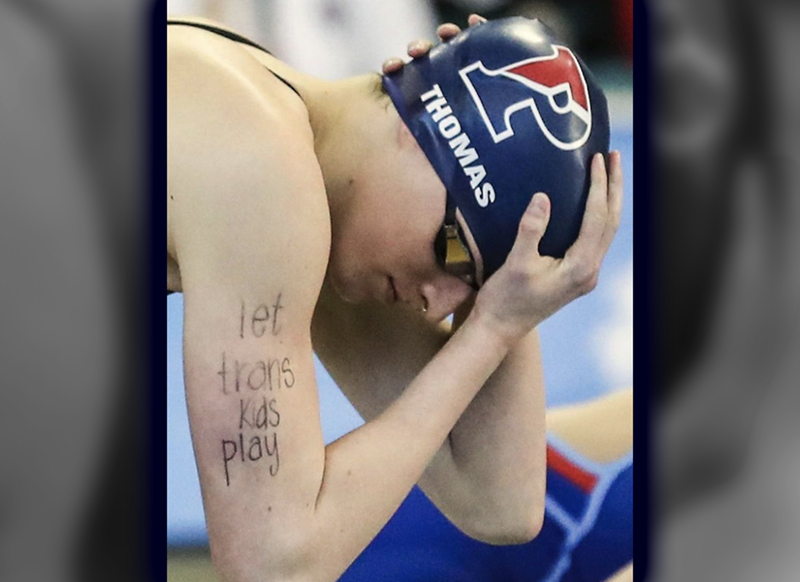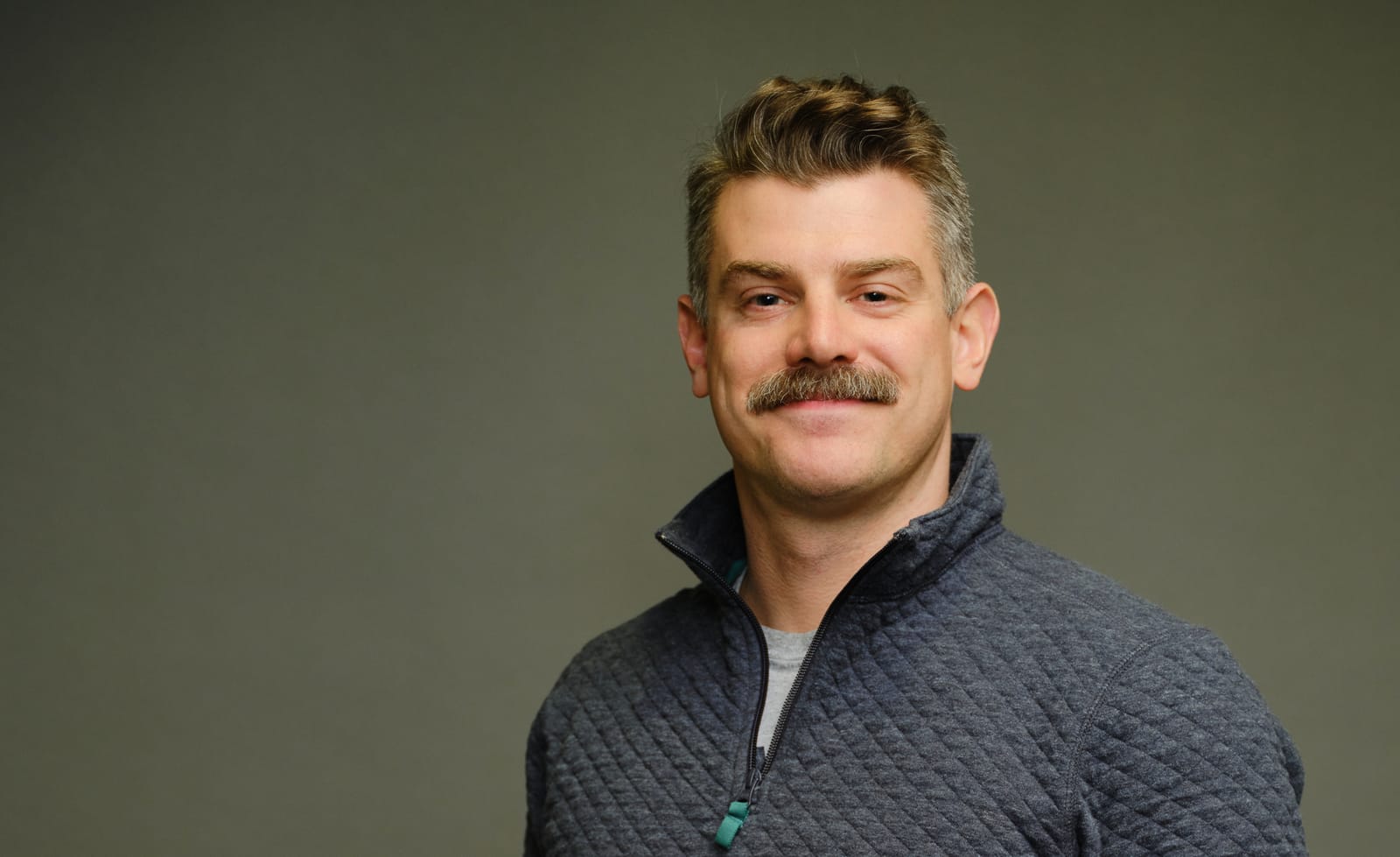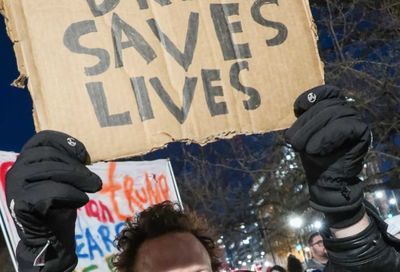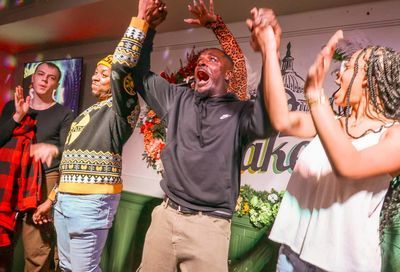Anti-gay baker’s lawsuit against Colorado Civil Rights Commission to continue
Masterpiece Cakeshop owner Jack Phillips claims the state of Colorado is unfairly targeting him due to his religious beliefs

A federal judge has denied Colorado’s request to dismiss a lawsuit filed by Jack Phillips, the proprietor of the Lakewood-based Masterpiece Cakeshop, alleging that the state’s Civil Rights Commission is unfairly persecuting him because of his religious beliefs.
Phillips’ lawyers with the anti-LGBTQ organization Alliance Defending Freedom filed a lawsuit against the commission in August, claiming that the state is violating his First Amendment right to practice his faith and his Fourteenth Amendment right to equal protection under the law, reports NBC News.
Phillips wants to use the lawsuit to stop the Civil Rights Commission from attempting enforcing Colorado’s nondiscrimination law and allow him to refuse to bake cakes for LGBTQ people, citing his religious beliefs opposing same-sex marriage, homosexuality, and transgenderism. He is also seeking $100,000 in damages from Aubrey Elenis, the commission’s director.
Phillips has claimed that the state is treating him with hostility due to his Christian faith and has been targeting him in retaliation for his refusal to bake cakes for same-sex weddings or gender transitions.
He pursued the lawsuit after a transgender woman, Autumn Scardina, filed a complaint with the Civil Rights Commission alleging that Masterpiece discriminated against her when it refused to provide her with a cake to celebrate both her birthday and the anniversary of her transition.
Notably, Scardina’s request for a cake occurred on the same day in 2017 that the U.S. Supreme Court agreed to hear Phillips’ appeal of a ruling by the Civil Rights Commission finding he had discriminated against Charlie Craig and David Mullins when they asked him to bake a wedding cake for them in 2012.
The timing raised Phillips’ suspicions that the state was targeting him because of hostility towards his sincerely held religious beliefs.
Phillips also claimed he has been harassed, received death threats, and had his shop vandalized while the case related to his 2012 refusal was working its way through the courts.
In June, by a 7-2 margin, the Supreme Court eventually ruled that the Civil Rights Commission had shown anti-religious bias when it found Phillips guilty of violating the nondiscrimination law, with the justices ruling that the commission did not take seriously enough Phillips’ concerns about violating his religious beliefs.
However, the high court did not resolve the issue of whether businesses can claim religious exemptions that allow them to refuse service to LGBTQ individuals.
On Tuesday, U.S. District Judge Wiley Daniel rejected a request by the state to dismiss Phillips’ lawsuit, saying he believes that the case should be allowed to move forward.
He also said he believed the Supreme Court’s ruling relating to the 2012 complaint was relevant to the current lawsuit against the commission.
But Daniel also rejected a request by Phillips’ lawyers for a preliminary injunction that would bar the state from enforcing its LGBTQ-inclusive nondiscrimination law, finding that the request was too broad.
“I don’t think I have enough information to make a ruling, but that does not mean a more tailored request couldn’t be filed,” Courthouse News Service reports Daniel as saying. “I’m not telling you what to request, but it has to be very narrow.”
James Campbell, of Alliance Defending Freedom, argued that the state’s law is unconstitutional and needs to be challenged in the federal courts. Under state law, four of the commission’s 10-12 members must come from protected classes, which makes the panel inherently biased, he said.
But Colorado Deputy Attorney General LeeAnn Morrill argued in court that the commission did not mention religion when it ruled that Phillips had discriminated against Scardina — a fact that distinguishes it from the commission’s earlier ruling against Phillips. She also noted that the commission has used the discrimination law to defend people discriminated against based on their religion, in an effort to show that the commission is not inherently hostile to people of faith.
Support Metro Weekly’s Journalism
These are challenging times for news organizations. And yet it’s crucial we stay active and provide vital resources and information to both our local readers and the world. So won’t you please take a moment and consider supporting Metro Weekly with a membership? For as little as $5 a month, you can help ensure Metro Weekly magazine and MetroWeekly.com remain free, viable resources as we provide the best, most diverse, culturally-resonant LGBTQ coverage in both the D.C. region and around the world. Memberships come with exclusive perks and discounts, your own personal digital delivery of each week’s magazine (and an archive), access to our Member's Lounge when it launches this fall, and exclusive members-only items like Metro Weekly Membership Mugs and Tote Bags! Check out all our membership levels here and please join us today!

























You must be logged in to post a comment.